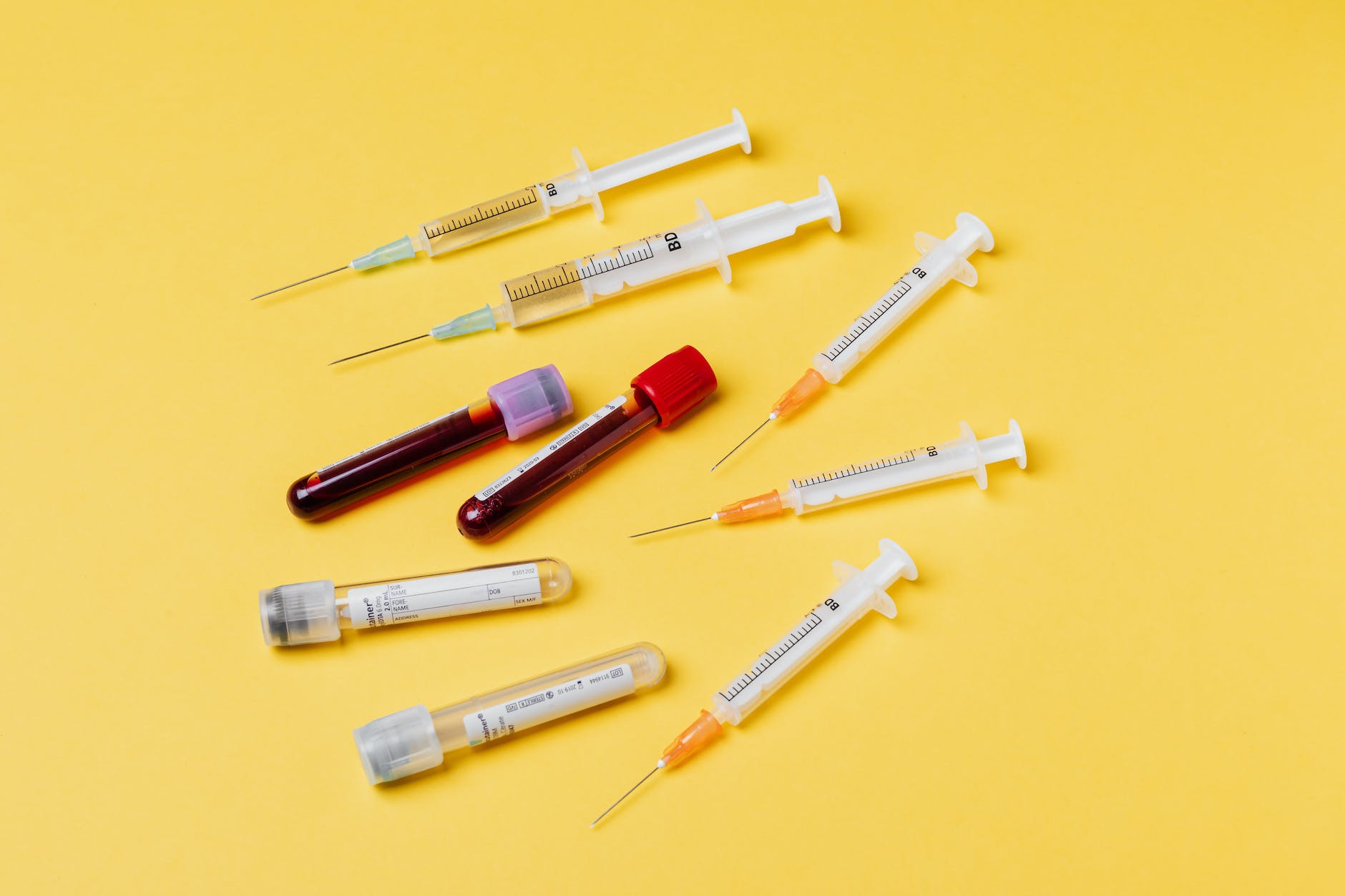Understanding High Blood Sugar: Causes, Symptoms, and Management


Understanding High Blood Sugar: Causes, Symptoms, and Management
In today's fast-paced world, it is crucial to prioritize our health and well-being. One health concern that affects a significant number of individuals worldwide is high blood sugar. High blood sugar, also known as hyperglycemia, can have detrimental effects on our overall health if left unmanaged. In this comprehensive guide, Understanding High Blood Sugar: Causes, Symptoms, and Management, we will explore the causes, symptoms, and effective management strategies for high blood sugar, empowering you to take control of your health and well-being.
What Causes High Blood Sugar?
High blood sugar occurs when the body fails to effectively regulate the glucose levels in the bloodstream. Several factors can contribute to this condition, including:
- Poor Diet: Consuming excessive amounts of sugary and processed foods can lead to elevated blood sugar levels. Diets rich in refined carbohydrates and lacking in fiber can increase the risk of developing high blood sugar.
- Lack of Physical Activity: Leading a sedentary lifestyle can impair the body's ability to utilize glucose effectively, leading to higher blood sugar levels.
- Insulin Resistance: Insulin is a hormone produced by the pancreas that helps regulate blood sugar levels. When the body becomes resistant to insulin, it results in higher blood sugar levels.
- Stress: Prolonged periods of stress can trigger the release of stress hormones, which can interfere with insulin production and increase blood sugar levels.
- Certain Medical Conditions: Conditions such as obesity, prediabetes, and polycystic ovary syndrome (PCOS) can contribute to high blood sugar.
Recognizing the Symptoms
It is essential to be aware of the signs and symptoms of high blood sugar to identify the condition promptly. Some common symptoms include:
- Frequent Urination: Increased urination occurs as the body attempts to eliminate excess glucose through urine.
- Excessive Thirst: High blood sugar levels can cause dehydration, leading to persistent thirst.
- Fatigue: Individuals with high blood sugar often experience persistent fatigue and a lack of energy.
- Blurred Vision: Elevated blood sugar levels can affect the lenses in the eyes, resulting in temporary vision changes.
- Slow Wound Healing: High blood sugar impairs the body's natural healing process, leading to delayed wound healing.
- Unexplained Weight Loss: Despite regular food intake, individuals with high blood sugar may experience unexplained weight loss due to the body's inability to utilize glucose effectively.
Effective Management Strategies
Managing high blood sugar requires a holistic approach that focuses on lifestyle modifications and proper medical care. Here are some effective strategies for keeping blood sugar levels in check:
- Healthy Eating: Adopting a balanced and nutritious diet is paramount in managing high blood sugar. Focus on incorporating whole grains, lean proteins, fruits, vegetables, and healthy fats into your meals. Avoid sugary and processed foods that can cause blood sugar spikes.
- Regular Physical Activity: Engaging in regular exercise can help improve insulin sensitivity and promote the efficient use of glucose by the body. Aim for at least 150 minutes of moderate-intensity aerobic activity each week.
- Monitoring Blood Sugar Levels: Regularly monitoring your blood sugar levels is crucial in managing high blood sugar effectively. Consult with your healthcare provider to determine the frequency and method of testing that is most appropriate for you.
- Medication and Insulin Therapy: In some cases, lifestyle modifications may not be sufficient to manage high blood sugar. Your healthcare provider may prescribemedications or insulin therapy to help regulate your blood sugar levels effectively. It is essential to follow your healthcare provider's instructions and take medication as prescribed.
- Stress Management: Implementing stress management techniques, such as meditation, deep breathing exercises, or engaging in hobbies, can help reduce stress levels and promote better blood sugar control.
- Regular Medical Check-ups: Schedule regular check-ups with your healthcare provider to monitor your blood sugar levels and overall health. They can provide guidance, make necessary adjustments to your treatment plan, and address any concerns or questions you may have.
Taking Charge of Your Health
Understanding high blood sugar, its causes, symptoms, and management strategies empowers you to take charge of your health. By adopting a healthy lifestyle, incorporating regular physical activity, and seeking appropriate medical care, you can effectively manage your blood sugar levels and reduce the risk of complications associated with high blood sugar.
Remember, consistency and commitment are key when it comes to managing high blood sugar. By making positive changes in your daily routine and working closely with your healthcare provider, you can achieve optimal blood sugar control and live a healthier, more fulfilling life. https://diabetescure4u.com/
Our best recommendation in the end is that you get the best advice from a group of professionals who have been willing to revolutionize your diabetes situation and give you the opportunity to radically improve your health.
Visit at this time the link that keeps clicking on it
- The Link Between High Blood Sugar and Diabetes: A Comprehensive Guide
- Controlling High Blood Sugar: Strategies for a Healthy Lifestyle
- Schnauzer Mathew was recently diagnosed with diabetes. With insulin, he’s getting back to himself
- Managing High Blood Sugar Naturally: Tips and Techniques for Better Blood Sugar Control
- Chronic Disease

